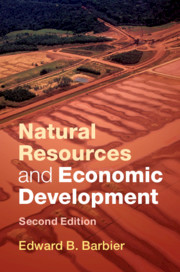In this study we test whether interest organizations that are confrontational towards EU institutions are less successful than their more cooperative counterparts in obtaining funding from the European Commission (EC). The transfer of public funds to interest organizations is a key dynamic in state-civil society relationships. Research shows that organizations, especially public groups, often heavily rely on public funds to the point that, without funds, many would cease to exist. ‘Don’t bite the hand that feeds you’ is thus a popular expression among leaders of organizations who apply for funds. Scholars document a widespread perception among group leaders that a confrontational attitude towards the state can lead to curtail of public funds. This perception is based on the assumption that state institutions use public funding to discipline confrontational interest organizations. We test this assumption using quantitative and qualitative data collected from a survey of 270 interest organizations who applied for EC funding between 2015 and 2018. Our findings suggest that, while almost half of our survey respondents feel that critical attitudes towards the EU would have negative consequences for their funding applications, empirically, confrontational and cooperative organizations have the same chances of obtaining EC grants. This finding is robust across different interest organization categories, including when non-applicants and mortality anxiety are considered in the analysis. The results add a new layer to resource dependency theory pointing at the incongruence between an organization’s perception of its relationship with public institutions and the observation of that relationship.
